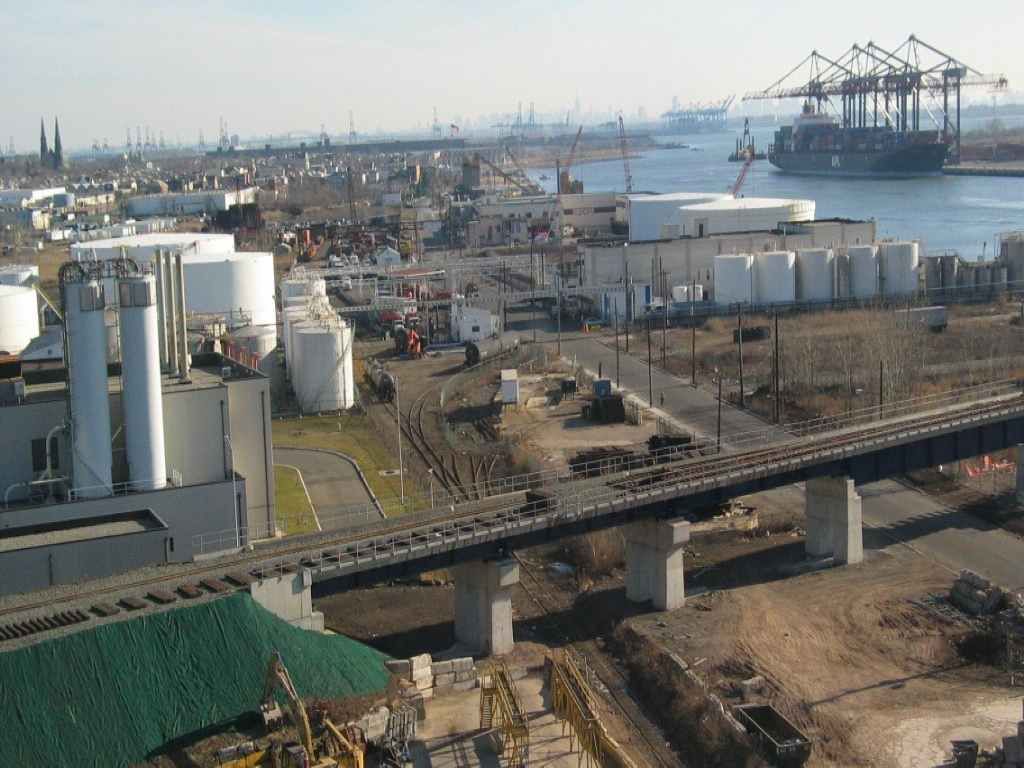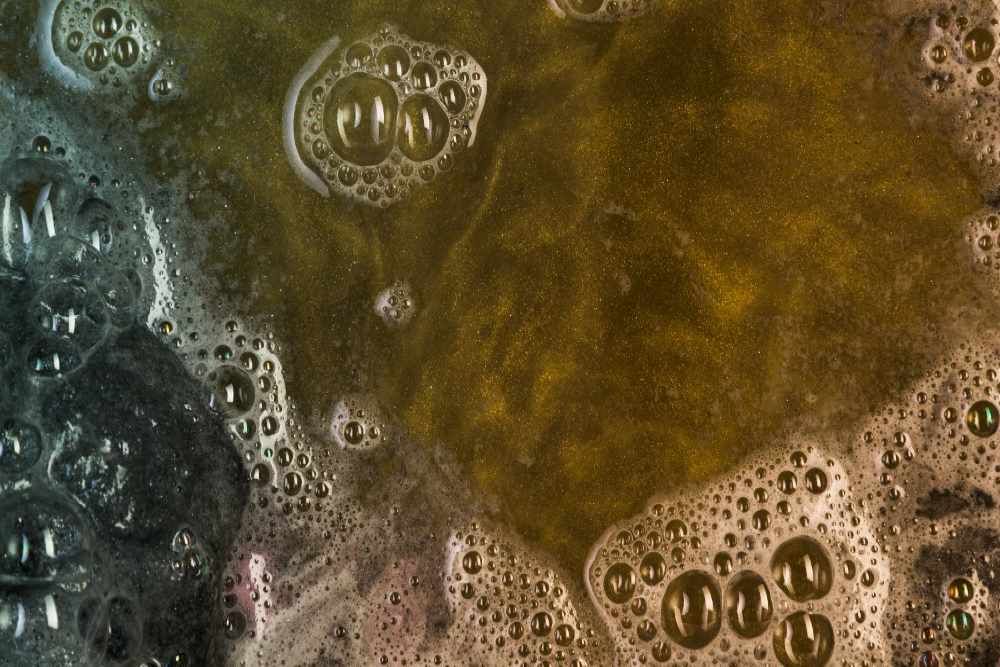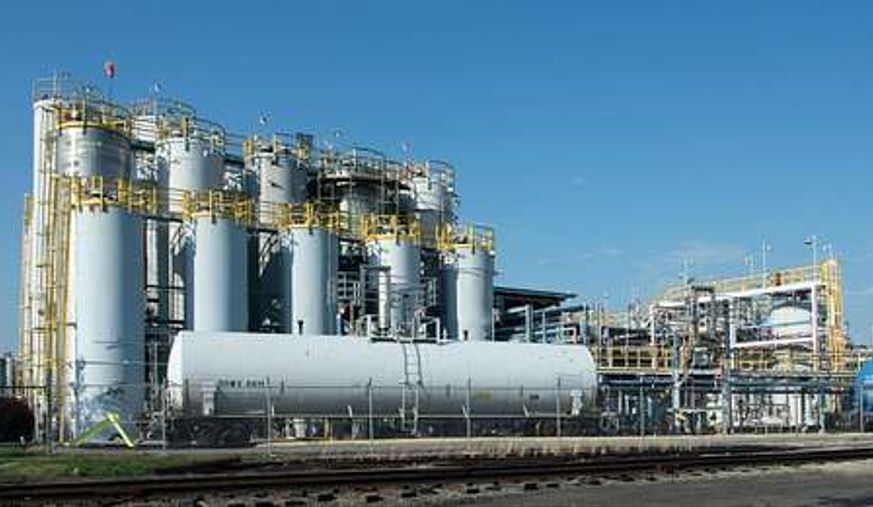“Our goal is to get toxins out of our environment, poisons out of our food supply and keep our children healthy and strong,” said President Donald Trump at his first joint address to Congress since his return to the Whitehouse.
It was a statement backed up by his appointment of Robert F. Kennedy Jr as Health and Human Services Secretary alongside the adoption of the ‘Make America Healthy Again’ slogan. A way to prove to his supporters that he was following up on his campaign promise to be tough on toxic chemicals.
It is a move which has gone some way to get tough on chemical companies, as Kennedy Jr has long been an advocate of natural living, even to the point, his critics claim, of being an ‘anti-vaxxer’—something he denied during his Senate confirmation hearing. In a bold, proactive move against the chemical industry, Kennedy has vowed to close a legal loophole that permits businesses to add chemicals to food without informing authorities.
“The practice Kennedy is targeting, known as ‘generally recognized as safe’ (GRAS), can occur when companies self-certify the safety of a food additive,” explains the Washington Post. “[It means that] Companies aren’t required to tell the FDA when they include some chemicals and substances in their products, meaning there are probably hundreds of such ingredients added to the food supply without government oversight.”
MAGA fans believe that this is a clear sign of Trump following up on his campaign promises, not only on chemical food additives, but in other areas, such as power, transport, and manufacturing.

“President Trump’s agenda is proof that we can restore American energy dominance while advancing environmental stewardship,” claimed White House spokesperson Taylor Rogers. “…ridding our environment, water, and food supply of dangerous toxins.”
However, a recent report by the political journal The Hill has shown that overall, Trump’s words do not align with his actions. Instead, he has repeatedly enacted policies that favour chemical companies, repealed or relaxed environmental restrictions on chemical producers, and appointed officials with a history of supporting or working with the chemical industry.
“Last week, it [the Trump Administration] dropped a lawsuit that aimed to force a company to reduce its emissions of a substance the Environmental Protection Agency (EPA) considers likely to cause cancer in an already highly polluted area,” notes the report. “The administration also indicated that it is likely to reduce the stringency of safety screenings for potentially harmful chemicals. Among the chemicals that are currently undergoing the screening process is vinyl chloride, a toxic substance used to make PVC plastic that was released, along with other chemicals, in a train derailment in Ohio in 2023.”
Another sign of the administration’s chemical industry policy is Trump’s response to the Biden administration suing Denka Performance Elastomer in 2023 to force the company to reduce its chloroprene emissions. According to a different report in The Hill, “The Trump administration has dropped the lawsuit that sought to cut toxic emissions from the facility.” This is despite it being located in a highly polluted area of Louisiana known as ‘Cancer Alley.’

The Trump administration has also hinted at plans to repeal Biden-era regulations which hoped to prevent chemical accidents. The legislation was aimed at raising safety standards at 12,000 industrial sites, such as chemical manufacturers and distributors, oil refineries, food and beverage producers, and distributors of agricultural supplies, but may now be removed.
Similarly, Biden-era measures to restrict the quantity of ‘forever chemicals’ that manufacturers can discharge into the water were retracted by the EPA in January. A further range of environmental rollbacks have also been announced by the EPA, such as a Biden-era rule governing emissions of the carcinogen ethylene oxide, which is used to sterilise medical devices.
Related articles: Trump, Trade, and Tariffs for the Chemicals Sector or How Legislators are Failing to Stop the Use of PFAS
Moreover, Trump’s other appointments have also raised eyebrows and seem to be in contrast to the Make America Healthy Again slogan. For example, “Trump’s pick for the No. 2 role at the EPA represented opponents of a ban on asbestos in court,” reports The Hill. Adding that, “His nominee to lead its air and radiation office has lobbied on behalf of makers of ‘forever chemicals’ and users of ethylene oxide, among others. The administration has also hired a 30-year veteran of chemical company DuPont, which has historically made and used ‘forever chemicals’.”

In response, the Trump Administration has stated that it is working on balance.
“No longer will the EPA view the goals of protecting our environment and growing our economy as binary choices,” said an EPA spokesperson. “We will and we must choose both.”
However, critics, such as Eve Gartner, a director at the environmental advocacy group Earthjustice, believes that Trump’s policies will simply remove many policies aimed at reducing exposure to toxic chemicals.
“We know that the rules that were adopted in the Biden administration would result in significant health benefits for communities, including lower cancer rates,” she said. “Rolling back those rules inevitably will result in more cancer, including more children with cancer.”
The contrast between Trump’s rhetoric and his administration’s actions on environmental health is stark. While the ‘Make America Healthy Again’ slogan and the appointment of Robert F. Kennedy Jr. signalled a commitment to reducing toxins in food and the environment, the administration’s other policy decisions tell a different story. By revoking key regulations, favouring corporate interests, and appointing officials with ties to the chemical industry, Trump’s administration appears to be prioritizing economic growth over the environment.
Whether the administration will ultimately follow through on its promises to safeguard public health remains uncertain. However, one thing is clear—without strong and consistent regulatory action, the risk of exposure to toxic chemicals will persist, leaving Americans to bear the consequences of policy decisions that prioritize industry over safety.
As Daniel Rosenberg, director of federal toxics policy at the Natural Resources Defense Council concludes, “Every fox guarding the hen house or the chicken coop is a problem.”